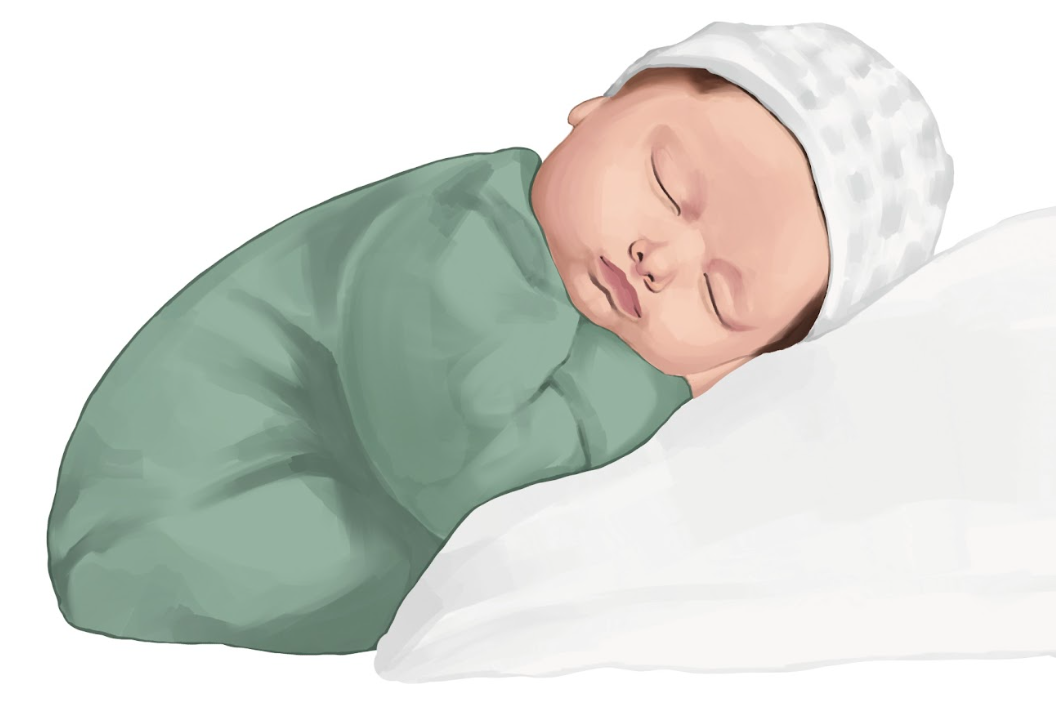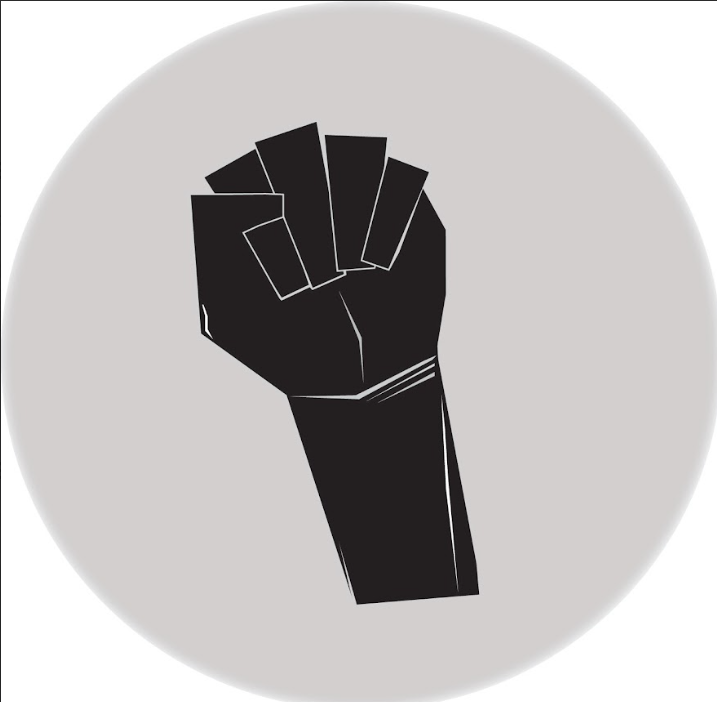My alarm goes off at the same time every morning. I am prepared to stop it without hesitation. I spent the entire night just thinking, worrying. Nothing is wrong, but nothing is right either.
I am so tired I cannot see straight, but coffee is not an option, since my heart is already beating as fast as humanly possible. If I think today might be different–‘I’m so tired; I bet the coffee won’t affect me at all’–I should think again, or try a cup and sink into a panic attack.
I also can’t eat anything for breakfast, because I have been nauseous for the past few weeks, well since the semester started.
Despite feeling like an empty shell, I get ready for class.
As I leave my bedroom, I say goodbye to the only comfort I will feel for the entire day. Knots the size of planets start forming around my neck and shoulders–just another reminder I am heading into the building that causes the majority of my stress.
My professors just assume I’m lazy, but in actuality, I cannot manage simple tasks due to my constant state of unrest.
Anxiety is the most silently painful experience. All of the emotions you feel make absolutely no sense, yet you sit there alone and suffer for an unknown reason.
According to the Anxiety and Depression Association of America (ADAA), anxiety disorders are the most common mental illness in the United States. The condition affects 40 million adults–18.1 percent of the population–every year.
Nearly one in six college students (15.8 percent) have been diagnosed with or treated for anxiety, according to the 2015 National College Health Assessment survey conducted by the American College Health Association (ACHA).
The ACHA survey also found that about 21 percent of students stated, within the last 12 months, anxiety had affected their academic performance; they received an incomplete or low grade on an exam, or they dropped the entire course.
Anxiety disorders are highly treatable, yet the ACHA survey found only 36.9 percent of those who suffer receive treatment. Self-medication (drugs, sex, alcohol etc.) and denial are common coping mechanisms for anxiety and stress instead.
Everyone feels and deals with anxiety differently. Learning what causes your anxiety and creating a routine that lowers it can make each day feel better.
Take a time out. Listen to music, exercise or meditate. Take a shower, wash off the day. Make the room dark; lie down, and close your eyes. Drink a glass of water. Eat well balanced meals and avoid anything with caffeine at all costs. Also, talk to someone when you’re feeling overwhelmed.
If you suffer from anxiety and seek counseling, please visit the UTSA Counseling Services office, where services are free and confidential. Their office is located in room 1.810 at the Rec Wellness Center, or they can be reached by phone at 458-4140.









